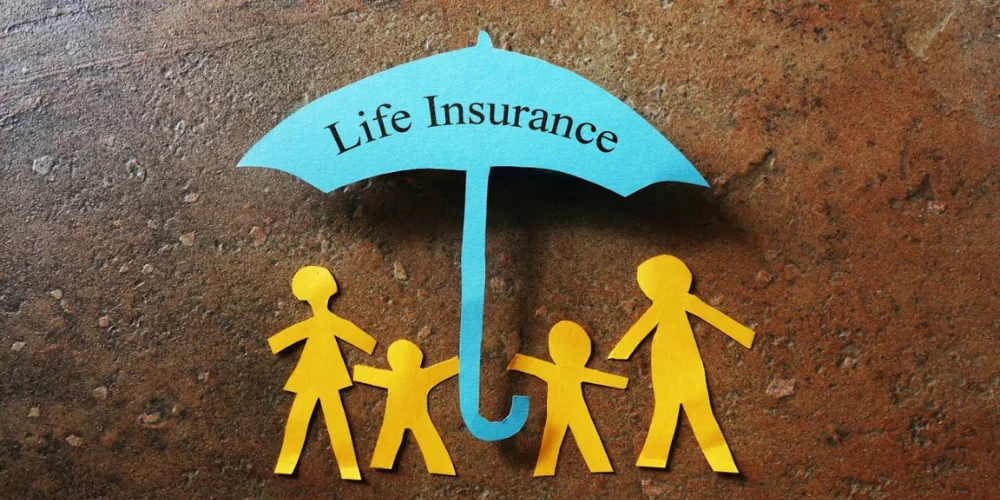
Find the Best Cancer Insurance Plans to Safeguard Your Health and Finances
Introduction
Cancer is a word everybody doesn’t want to hear, but the reality is that it can strike anyone at any time. With the rising costs of cancer treatment, the financial burden on families can be overwhelming. This is where cancer insurance comes into play. Finding the best cancer insurance plans is crucial to safeguarding your health and finances, ensuring you can focus on recovery without fearing the cost. This article will explore cancer insurance, its essentials, and how to choose the best plan to meet your needs.
Understanding Cancer Insurance
Cancer insurance is a specialized insurance policy designed to shield the prices associated with cancer therapy. Unlike general health insurance, which may cover a broad range of medical expenses, cancer insurance is specifically tailored to cover the unique costs of a cancer diagnosis. This can include expenses such as chemotherapy, radiation, surgery, and even non-medical costs like transportation and lodging during treatment.
One key difference between cancer insurance and general health insurance is the targeted nature of the coverage. While health insurance may provide some coverage for cancer treatments, it often comes with limitations, such as high deductibles or co-pays. Conversely, cancer insurance is designed to provide more comprehensive coverage, including benefits like lump sum payouts upon diagnosis or income replacement during treatment.

Benefits of Having Cancer Insurance
Cancer insurance can provide peace of mind by offering financial protection against the high costs of cancer treatment. Here are some of the key benefits:
Financial Protection:
Cancer treatment can be costly, often costing hundreds of thousands of dollars. Cancer insurance helps cover these costs, reducing the financial strain on you and your family.
Coverage for Various Stages of Cancer:
Many cancer insurance plans offer coverage for different stages of cancer, from early detection to advanced stages, ensuring that you’re protected no matter when the disease is diagnosed.
Lump Sum Payouts and Income Benefits:
Some plans offer lump sum payouts upon diagnosis, which can be used for any purpose, covering medical expenses or paying everyday living costs. Others provide income benefits, helping you maintain your financial stability during treatment.

Types of Cancer Insurance Plans
There are many types of cancer insurance schemes available, each offering different levels of coverage:
Comprehensive Cancer Insurance:
These plans offer broad coverage for various types of cancer, including medical and non-medical expenses.
Cancer Insurance with Lump Sum Payout:
These plans provide a one-time payout upon diagnosis, which can be used at your discretion.
Cancer Insurance with Income Benefit:
These plans offer ongoing income replacement during treatment, helping you manage your finances while focusing on recovery.
Critical Illness Insurance for Cancer:
While not exclusively for cancer, critical illness insurance can provide coverage for cancer and other severe conditions.

Who Should Consider Cancer Insurance?
Cancer insurance isn’t just for those who have been diagnosed with cancer—it’s a proactive measure that can benefit many people, especially those at higher risk.
High-Risk Individuals:
If you have a family history of cancer, are a smoker, or have other risk factors, cancer insurance can provide crucial protection.
Seniors:
As cancer risk increases, seniors should strongly consider cancer insurance to safeguard their retirement savings.
Women and Men with Specific Risk Factors:
Certain cancers, such as breast or prostate, may be more common in specific demographics. Specialized plans are available to address these risks.

What to Look for in a Cancer Insurance Plan
When choosing a cancer insurance plan, it’s essential to consider several factors to ensure you get the best coverage:
Coverage Details:
Look for plans covering all cancer stages, including early diagnosis and advanced stages.
Waiver of Premium Feature:
Some plans include releasing premium features, which allow you to stop paying compensations if you are diagnosed with cancer.
Tax Benefits:
Many cancer insurance plans offer tax benefits, making them more affordable in the long run.
Network Hospitals and Claim Process:
Ensure the plan has a network of hospitals and a straightforward claim process to avoid any hassles during treatment.

How to Choose the Best Cancer Insurance Plans
Selecting the best cancer insurance plan involves a careful comparison of the available options:
Comparing Plans:
Compare the price and benefits of separate plans. Some plans may be more affordable but offer less comprehensive scope, while others may be more costly but provide better protection.
Reading the Fine Print:
Pay close attention to the exclusions, waiting periods, and other terms and conditions to avoid surprises later.
Seeking Professional Advice:
Consult with an insurance adviser to help you choose the best plan based on your needs and risk factors.
Top Cancer Insurance Plans Available
Here are some of the top cancer insurance plans that you might consider:
Comprehensive Plans offer extensive cancer coverage, including benefits like lump sum payouts and income replacement.
Family Plans:
Designed to cover multiple family members, these plans can provide peace of mind for those with dependents.
Affordable Options:
While more budget-friendly, these plans offer essential coverage for critical cancer-related expenses.

Cancer Insurance for Different Needs
Different individuals and families have other insurance needs. Here are some specialized options:
Cancer Insurance for Seniors:
These plans are tailored to the needs of older adults, offering coverage that considers their higher risk of cancer.
Cancer Insurance for Families and Children:
Family plans cover parents and children, ensuring the whole family is protected.
Specialized Plans for Smokers and High-Risk Groups:
If you are at higher risk, look for plans that specifically address your needs.

Conclusion
In conclusion, finding the best cancer insurance plans is essential in safeguarding your health and finances. By choosing a plan offering comprehensive coverage, lump sum payouts, and income benefits, you can protect yourself against the high cancer treatment costs. Whether you’re at high risk for cancer or want to take a proactive approach to your health, cancer insurance provides the peace of mind you need to focus on what matters—your recovery.
FAQs
Is cancer insurance worth it?
Yes, cancer insurance can provide crucial financial protection against the high costs of cancer treatment, making it a valuable investment for many people.
How does cancer insurance differ from critical illness insurance?
Cancer insurance is specifically designed to cover cancer-related expenses, while critical illness insurance covers a broader range of severe health conditions.
Can I get cancer insurance if I have a family history of cancer?
Yes, many insurance companies offer cancer insurance to individuals with a family history of cancer, though premiums may be higher.
What are the tax benefits of cancer insurance?
Depending on your location, you may be able to get tax deductions on the premiums delivered for cancer insurance, making it more affordable.
How do I file a claim for cancer insurance?
A claim typically involves submitting a doctor’s diagnosis and any relevant medical records
Recent Post
Related Post list
-
Opps, No posts were found.







